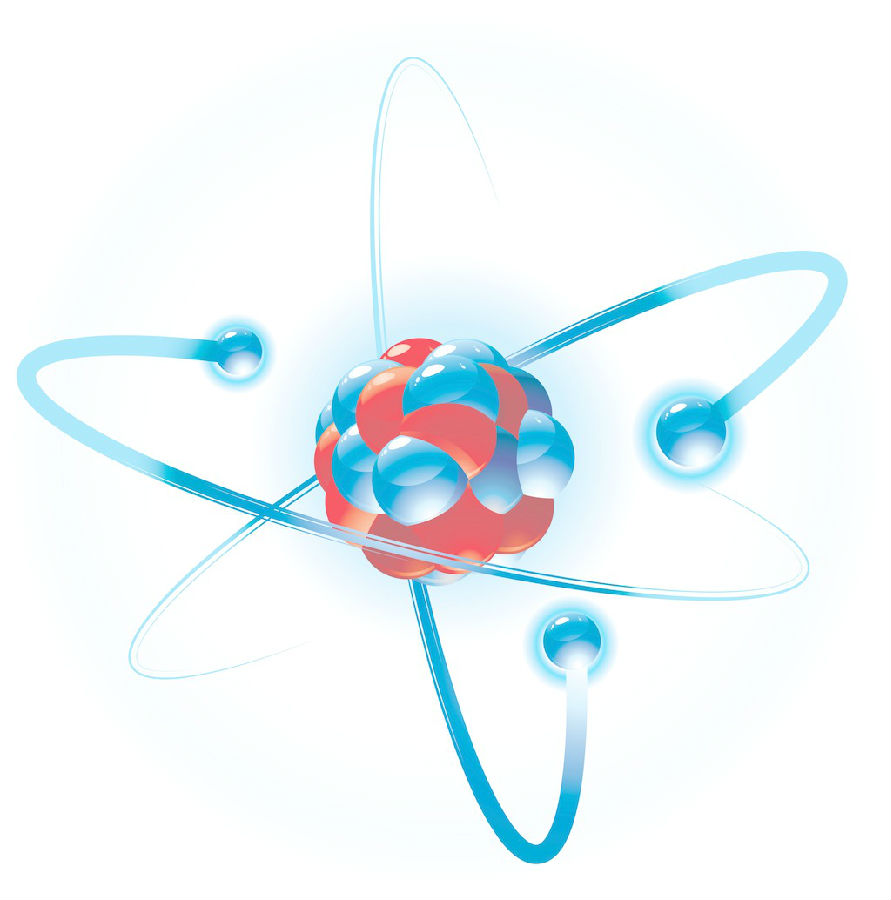Einstein disliked that, too. He devoted the rest of his life to searching for a way to tie up these loose ends by finding a grand unified theory, and always failed. From time to time he thought he had it, but it always unraveled on him in the end. As time passed he became increasingly marginalized and even a little pitied. Almost without exception, wrote Snow, "his colleagues thought, and still think, that he wasted the second half of his life."
愛因斯坦也不喜歡這種狀況。在他的余生里,他潛心尋找一種“大統一理論”來扎緊這些松開的繩頭,但總是以失敗告終。他有時候認為自己已經找到,但最后總是覺得白費工夫。隨著時間的過去,他越來越不受人重視,甚至有點兒被人可憐。又是斯諾寫道:“他的同事們過去認為,現在依然認為,他浪費了他的后半生。”

Elsewhere, however, real progress was being made. By the mid-1940s scientists had reached a point where they understood the atom at an extremely profound level—as they all too effectively demonstrated in August 1945 by exploding a pair of atomic bombs over Japan.
然而,別處正在取得實質性的進展。到20世紀40年代,科學家們已經達到這樣一種程度:他們在極其深的層次上了解了原子──1945年8月,他們提供了最有力的證據:在日本上空爆炸了兩顆原子彈。
By this point physicists could be excused for thinking that they had just about conquered the atom. In fact, everything in particle physics was about to get a whole lot more complicated. But before we take up that slightly exhausting story, we must bring another straw of our history up to date by considering an important and salutary tale of avarice, deceit, bad science, several needless deaths, and the final determination of the age of the Earth.
到那個時候,科學家們情有可原地認為,他們馬上就要征服原子了。實際上,粒子物理學所涉及的一切,即將變得復雜得多。不過,我們在繼續講述這個有點兒包羅萬象的故事之前,應當先把到最近為止的另一部分歷史作個交待,考慮一下一個重要而又有益的故事,一個關于貪婪、欺騙、偽科學、幾起不必要的死亡事件以及最終確定地球年齡的故事。












